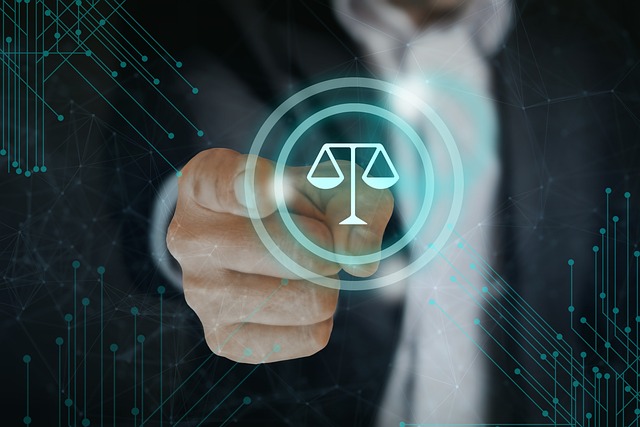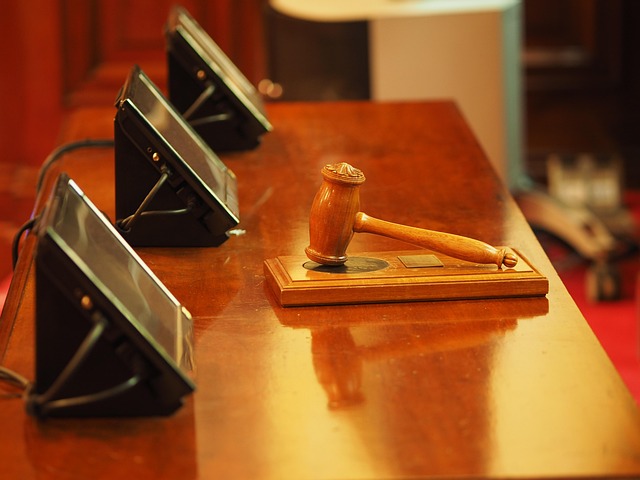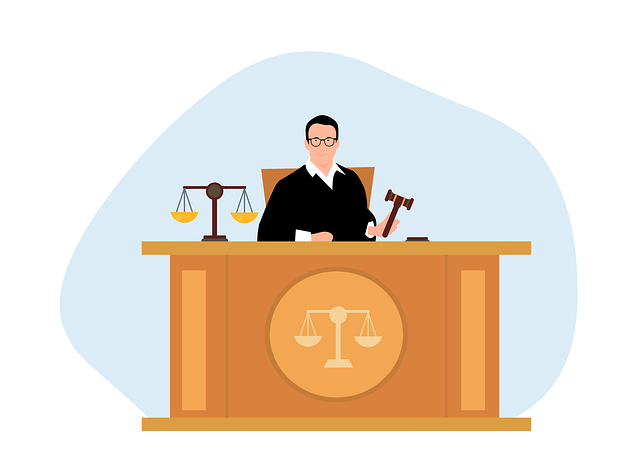Litigation Support Services play a pivotal role in modern legal systems, offering advanced technologies and expertise to assist throughout litigation. A primary focus is understanding the Ethical Implications of Plea Bargaining Decisions, which can impact both individual cases and society. While plea bargaining offers efficient case resolution and potential prison overcrowding relief, it presents ethical challenges regarding coerced pleas and biases. To ensure fairness, these services must employ strategies like thorough case analysis, data transparency, and addressing ethical complexities, while fostering open communication among legal professionals, judges, philanthropists, and politicians to maintain justice without compromising rights or processes.
In today’s complex legal landscape, litigation support services play a pivotal role in ensuring fairness and efficiency. This article offers a comprehensive overview of these services, delving into critical aspects such as plea bargaining—a game-changer in criminal justice yet fraught with ethical implications. We explore the delicate balance between mitigating risks for plaintiffs and upholding integrity in the judicial process. By examining best practices, we aim to illuminate strategies that enhance transparency, promote fairness, and address the Ethical Implications of Plea Bargaining Decisions.
- Understanding Litigation Support Services: A Comprehensive Overview
- The Role of Plea Bargaining: Ethical Considerations Unveiled
- Mitigating Risks and Ensuring Fairness: Best Practices in Litigation Support Services
Understanding Litigation Support Services: A Comprehensive Overview

Litigation Support Services play a pivotal role in modern legal systems by offering specialized assistance throughout the litigation process. These services encompass a wide range of activities, from case research and evidence analysis to expert witness management and trial preparation. By leveraging advanced technologies and industry expertise, they enhance the efficiency and accuracy of legal proceedings, ultimately ensuring fairness for all involved parties.
One critical aspect often explored within this domain is the ethical implications of plea bargaining decisions. Plea bargains, though common in both general criminal defense scenarios and high-profile cases, raise questions about justice, equality, and due process. These negotiations can significantly impact not just the accused but also the broader philanthropic and political communities, underscoring the need for transparent and ethically sound practices.
The Role of Plea Bargaining: Ethical Considerations Unveiled

Plea bargaining plays a pivotal role in litigation support services, offering both strategic advantages and complex ethical dilemmas. This process, where a defendant agrees to plead guilty to a lesser charge or accepts a negotiated sentence in exchange for a reduced penalty, is a critical aspect of criminal justice systems. However, the Ethical Implications of Plea Bargaining Decisions are profound.
While it can lead to more efficient case resolution and potentially reduce overcrowding in prisons, it raises concerns about coerced pleas and potential biases. Defendants may accept plea bargains not because they admit guilt but due to the pressure of lengthy jail sentences or the strength of evidence against them. This highlights the delicate balance between ensuring a swift justice process and upholding the general criminal defense principle of presuming innocence until proven guilty. An unprecedented track record of winning challenging defense verdicts can be achieved through robust litigation support services, but it must be guided by ethical considerations to maintain fairness in the judicial system.
Mitigating Risks and Ensuring Fairness: Best Practices in Litigation Support Services

In the realm of litigation support services, mitigating risks and ensuring fairness are paramount to upholding justice. Best practices involve a multifaceted approach that starts with meticulous case analysis. Legal professionals must critically evaluate evidence, identify potential biases, and understand the impact of each decision on all stakeholders, including the respective business entities involved in jury trials. Transparency and accuracy in data presentation are key to preventing arbitrary outcomes.
Moreover, addressing the ethical implications of plea bargaining decisions is crucial. The process should be fair and balanced, considering not only the interests of the accused but also the broader impact on society. By fostering open dialogue between legal teams, judges, and the philanthropic and political communities, litigation support services can enhance accountability and ensure that justice is served without compromising fairness or due process.
Litigation Support Services play a pivotal role in ensuring fairness and mitigating risks within legal processes. By understanding the intricacies of plea bargaining and its ethical implications, as highlighted in this article, professionals can navigate complex decisions with integrity. Adhering to best practices strengthens the overall credibility of these services, fostering trust in our justice system. As we move forward, continuous evaluation and adaptation are crucial to address evolving challenges and maintain high standards in litigation support.






